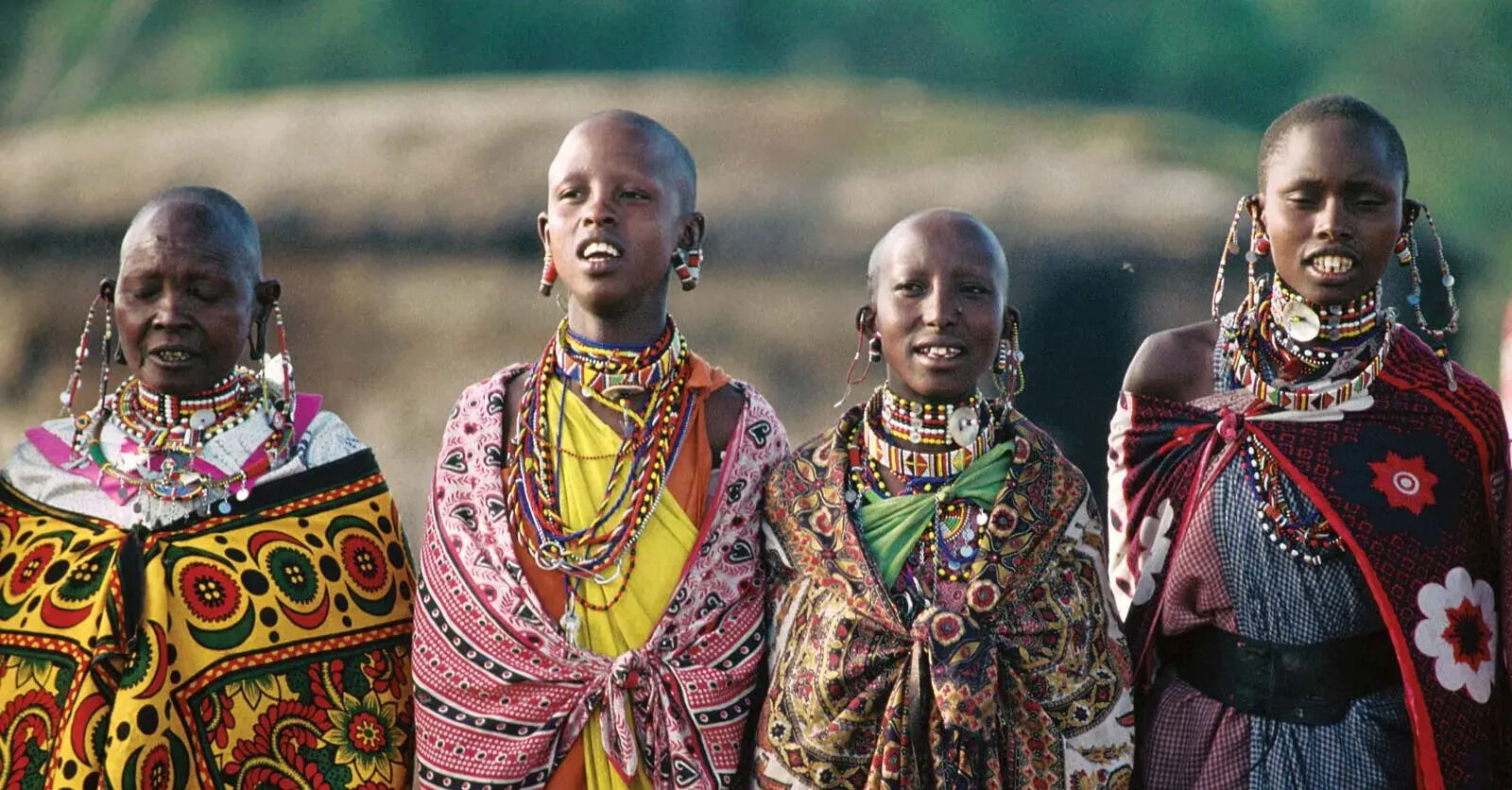Secrets Of Nigeria’s Indigenous People You Never Knew

Nigeria, a country rich in culture and history, boasts a diverse array of indigenous people. Have you ever wondered about the secrets of Nigeria's indigenous communities? From the Yoruba in the southwest to the Igbo in the southeast, each group has unique traditions, languages, and customs. The Hausa in the north are known for their vibrant festivals, while the Fulani are famous for their nomadic lifestyle. The Efik people, residing in the coastal regions, have a rich culinary heritage. These communities contribute to Nigeria's colorful tapestry, making it a fascinating place to learn about human diversity. Ready to uncover more about these incredible cultures?
Nigeria's Indigenous People: A Cultural Mosaic
Nigeria, a country rich in history and diversity, is home to numerous indigenous groups. Each group has its own unique traditions, languages, and ways of life. Let's take a closer look at some of these fascinating communities.
The Yoruba: Masters of Art and Religion
The Yoruba people, primarily found in southwestern Nigeria, are known for their vibrant culture and deep spiritual beliefs.
Ile-Ife: Often referred to as the cradle of Yoruba civilization, Ile-Ife is believed to be the birthplace of humanity according to Yoruba mythology. The city is famous for its ancient bronze and terracotta sculptures.
Oshogbo: This city is home to the sacred Osun-Osogbo Sacred Grove, a UNESCO World Heritage site. The grove is a sanctuary for the goddess Osun and hosts an annual festival that attracts thousands of visitors.
The Igbo: Traders and Innovators
The Igbo people, predominantly in southeastern Nigeria, are known for their entrepreneurial spirit and rich cultural heritage.
Onitsha: A major commercial hub, Onitsha hosts one of the largest markets in West Africa. The city is also known for its annual Ofala Festival, celebrating the reign of the traditional ruler.
Arochukwu: This town is famous for the Arochukwu Long Juju Shrine, an ancient oracle site. The shrine played a significant role in the history of the Aro Confederacy and the Atlantic slave trade.
The Hausa-Fulani: Guardians of Tradition
The Hausa-Fulani people, mainly in northern Nigeria, are known for their rich traditions and Islamic heritage.
Kano: One of the oldest cities in West Africa, Kano is renowned for its ancient city walls and the Gidan Makama Museum. The city is also famous for its vibrant textile industry.
Sokoto: This city is the spiritual heart of Nigeria's Muslim community. It is home to the Sokoto Caliphate, established in the early 19th century, and the historic Sultan's Palace.
The Tiv: Farmers and Storytellers
The Tiv people, located in central Nigeria, are known for their agricultural prowess and rich oral traditions.
Makurdi: The capital of Benue State, Makurdi is a bustling city on the banks of the Benue River. It is a center for Tiv culture and hosts various traditional festivals.
Gboko: Often called the "Traditional Headquarters of the Tiv," Gboko is known for its vibrant cultural events and the Tor Tiv Palace, the residence of the paramount ruler of the Tiv people.
The Ijaw: Riverine People with a Rich Heritage
The Ijaw people, primarily found in the Niger Delta region, have a deep connection to the waterways and a rich cultural heritage.
Yenagoa: The capital of Bayelsa State, Yenagoa is a hub for Ijaw culture. The city hosts the annual Ijaw National Day, celebrating the history and traditions of the Ijaw people.
Bonny Island: Known for its historical significance in the Atlantic slave trade, Bonny Island is also famous for its vibrant cultural festivals and traditional dances.
Embracing Nigeria's Rich Heritage
Nigeria's indigenous people hold a wealth of traditions, languages, and customs that offer a deep understanding of the country's diverse culture. From the Igbo to the Hausa and Yoruba, each group contributes to Nigeria's vibrant cultural tapestry. Their festivals, art, and music provide a unique window into their way of life.
Learning about these communities fosters greater appreciation and respect for their heritage. It also highlights the importance of preserving these traditions for future generations. By exploring the secrets of Nigeria's indigenous people, we gain a richer perspective on the nation's history and identity.
Next time you visit Nigeria, take the opportunity to engage with these communities. You'll find that their stories and traditions are not just fascinating but also integral to understanding the true essence of Nigeria.

